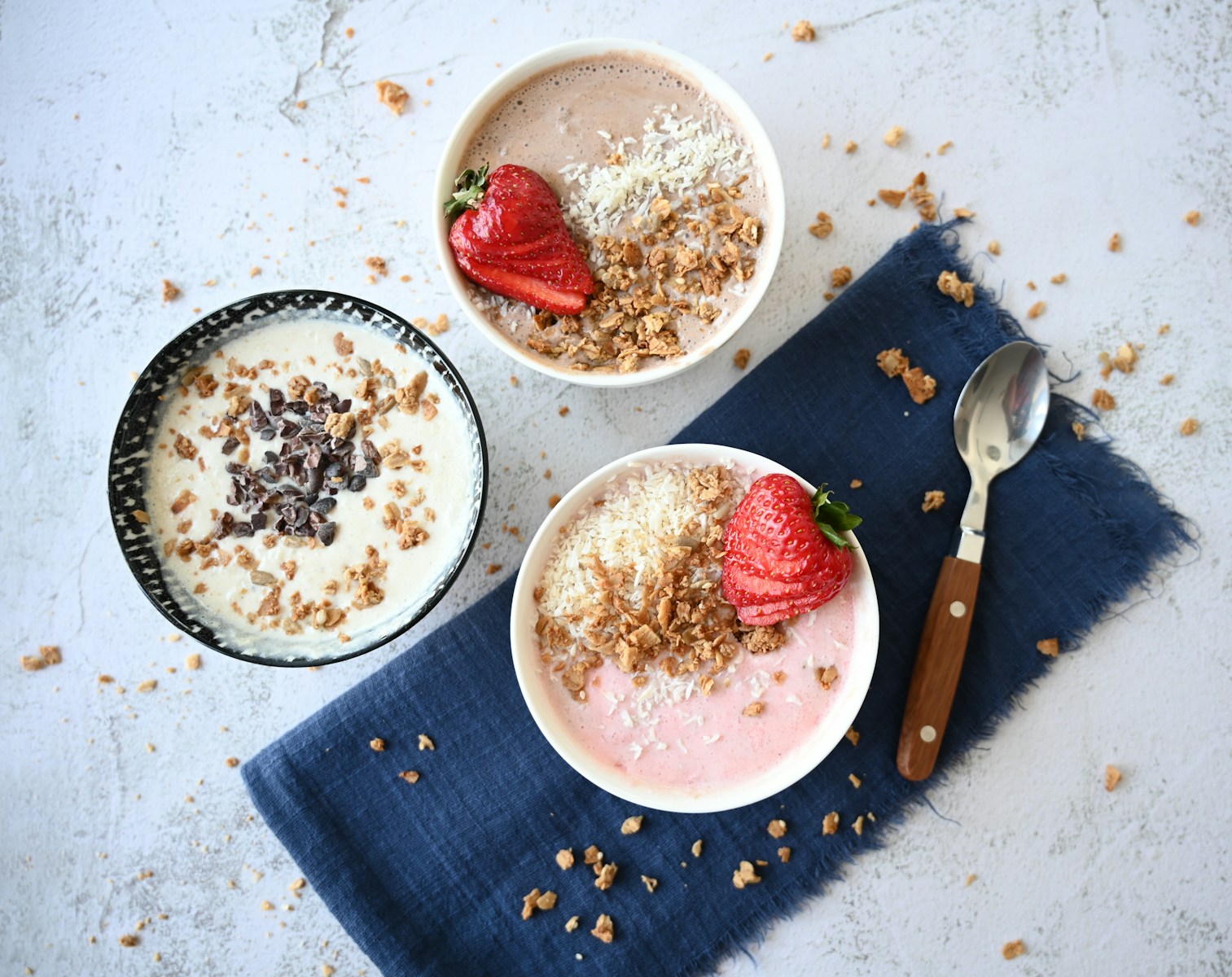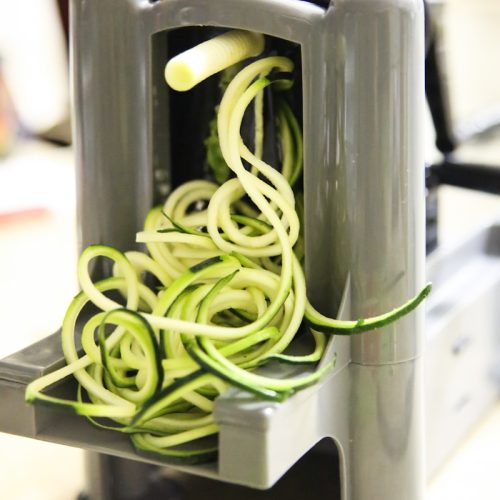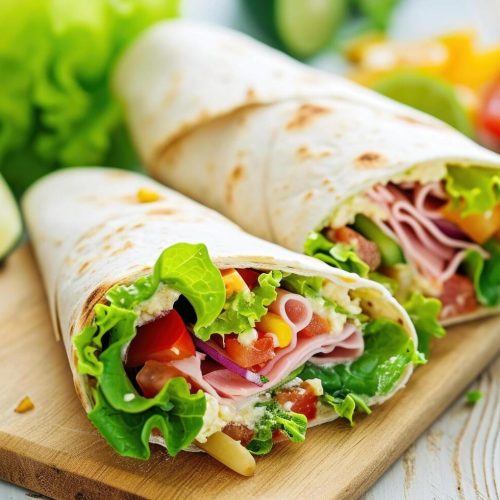Nutrition plays a vital role in a runner’s performance, endurance, and recovery. What you eat before and after a run can significantly impact your energy levels, stamina, and ability to recover quickly. Whether you’re training for a race or just running to stay fit, understanding the right foods to fuel your body is essential. This article will explore the best dietary strategies for runners, focusing on what to eat before and after your run to optimize your performance and recovery.
Pre-Run Nutrition: Fueling Up for Success
The food you eat before a run serves as the fuel that powers your muscles and keeps you energized throughout your workout. Eating the right foods in the right amounts can help you avoid fatigue, maintain stamina, and achieve your running goals.
1. Timing Your Pre-Run Meal
Timing is crucial when it comes to pre-run nutrition. Eating too close to your run can lead to discomfort, while eating too early may leave you feeling hungry or low on energy. Ideally, you should aim to eat your pre-run meal or snack 1-3 hours before your run, depending on the size of the meal and your personal digestive comfort.
How It Helps: This timing allows your body to digest the food and convert it into energy, ensuring that you have the fuel you need without feeling overly full or sluggish.
2. Focus on Carbohydrates
Carbohydrates are the primary source of energy for runners. They are stored in your muscles and liver as glycogen, which your body uses as fuel during exercise. To maximize your energy levels, your pre-run meal should be rich in easily digestible carbohydrates.
What to Eat:
- Bananas: A quick source of easily digestible carbohydrates and potassium, which helps prevent muscle cramps.
- Oatmeal: A great option for a pre-run breakfast, providing slow-releasing carbs that keep you energized throughout your run.
- Whole Grain Toast with Honey: Simple and light, this combination offers fast-acting carbs for a quick energy boost.
- Fruit Smoothies: Blend fruits like berries, bananas, and yogurt for a carbohydrate-rich drink that’s easy on the stomach.
How It Helps: Carbohydrates provide the quick energy your muscles need to perform at their best, helping you maintain a steady pace and avoid early fatigue.
3. Include a Small Amount of Protein
While carbohydrates should be the focus of your pre-run meal, including a small amount of protein can help stabilize your blood sugar levels and support muscle function. However, avoid heavy or high-fat proteins, which can be difficult to digest before a run.
What to Eat:
- Greek Yogurt: A good source of protein that pairs well with fruits or granola.
- Hard-Boiled Eggs: A light and easy-to-digest option that provides a small protein boost.
- Nut Butter: Spread a thin layer of almond or peanut butter on whole-grain toast for a balanced pre-run snack.
How It Helps: Protein supports muscle function and can help prevent muscle breakdown during longer runs, keeping you strong and resilient.
4. Stay Hydrated
Proper hydration is essential for optimal running performance. Dehydration can lead to fatigue, cramps, and decreased endurance. Aim to drink 16-20 ounces of water 1-2 hours before your run, and consider sipping an additional 8 ounces about 15 minutes before you start.
How It Helps: Staying hydrated helps regulate your body temperature, lubricates your joints, and ensures that your muscles receive adequate oxygen and nutrients during your run.
Post-Run Nutrition: Recovery and Replenishment
What you eat after a run is just as important as what you eat before. Post-run nutrition focuses on replenishing glycogen stores, repairing muscle tissue, and rehydrating your body to support recovery and prepare you for your next workout.
1. Refuel with Carbohydrates
After a run, your glycogen stores are depleted, and it’s important to replenish them with carbohydrates. Eating carbs within 30-60 minutes after your run helps restore energy levels and kick-start the recovery process.
What to Eat:
- Sweet Potatoes: Rich in complex carbohydrates, vitamins, and minerals that support recovery.
- Quinoa: A nutrient-dense grain that provides carbs along with protein and fiber.
- Rice Cakes with Fruit: A light and quick option that combines fast-digesting carbs with natural sugars from fruit.
- Pasta with Marinara Sauce: A classic post-run meal that’s easy to digest and full of replenishing carbs.
How It Helps: Consuming carbohydrates after your run helps replenish your glycogen stores, ensuring that you’re ready for your next workout and reducing the risk of muscle fatigue.
2. Prioritize Protein for Muscle Repair
Protein is essential for repairing and rebuilding muscle tissue that’s been broken down during your run. Aim to consume a meal or snack that contains both protein and carbohydrates within 30-60 minutes after your run.
What to Eat:
- Grilled Chicken or Turkey: Lean protein sources that help repair muscles without adding excess fat.
- Protein Shakes: A convenient option that provides a quick protein boost, especially if you’re on the go.
- Cottage Cheese: High in protein and low in fat, it’s a great option for muscle recovery.
- Eggs: Versatile and packed with protein, eggs are an excellent post-run food.
How It Helps: Protein supports muscle recovery and growth, helping you build strength and reduce the risk of injury.
3. Rehydrate and Replenish Electrolytes
Running causes you to lose fluids and electrolytes through sweat, which need to be replenished after your workout. Drinking water is important, but for longer runs or hot conditions, you may also need to replenish electrolytes such as sodium, potassium, and magnesium.
What to Drink:
- Water: Essential for rehydration, especially after shorter runs.
- Electrolyte Drinks: Sports drinks or electrolyte tablets can help replenish lost salts and minerals.
- Coconut Water: A natural source of electrolytes that also provides hydration.
- Milk: Contains both carbohydrates and protein, along with electrolytes like calcium and potassium.
How It Helps: Rehydrating and replenishing electrolytes prevents dehydration and supports muscle function, helping you recover faster and feel better post-run.
4. Don’t Forget About Micronutrients
In addition to macronutrients like carbs and protein, micronutrients such as vitamins and minerals play a crucial role in recovery. These nutrients help reduce inflammation, support immune function, and promote overall health.
What to Eat:
- Leafy Greens: Rich in vitamins A, C, and K, as well as iron and calcium.
- Berries: High in antioxidants that help reduce inflammation and support recovery.
- Nuts and Seeds: Provide healthy fats, magnesium, and other essential nutrients.
- Orange Juice: Packed with vitamin C and potassium, it’s a refreshing way to boost your micronutrient intake.
How It Helps: Micronutrients support your body’s recovery processes, helping to reduce soreness, improve immune function, and keep you feeling healthy and strong.
Conclusion
Proper nutrition is a key component of any successful running routine. By fueling your body with the right foods before and after your runs, you can enhance your performance, speed up recovery, and achieve your running goals more effectively. Remember to listen to your body’s needs, adjust your diet based on your personal preferences and training intensity, and stay consistent with your nutrition plan. With the right approach, you’ll be well on your way to becoming a stronger, faster, and more resilient runner.
Tags: runner’s diet, pre-run nutrition, post-run nutrition, fueling for runs, recovery nutrition, running performance, hydration for runners, carb-loading, protein for recovery, electrolyte replenishment





